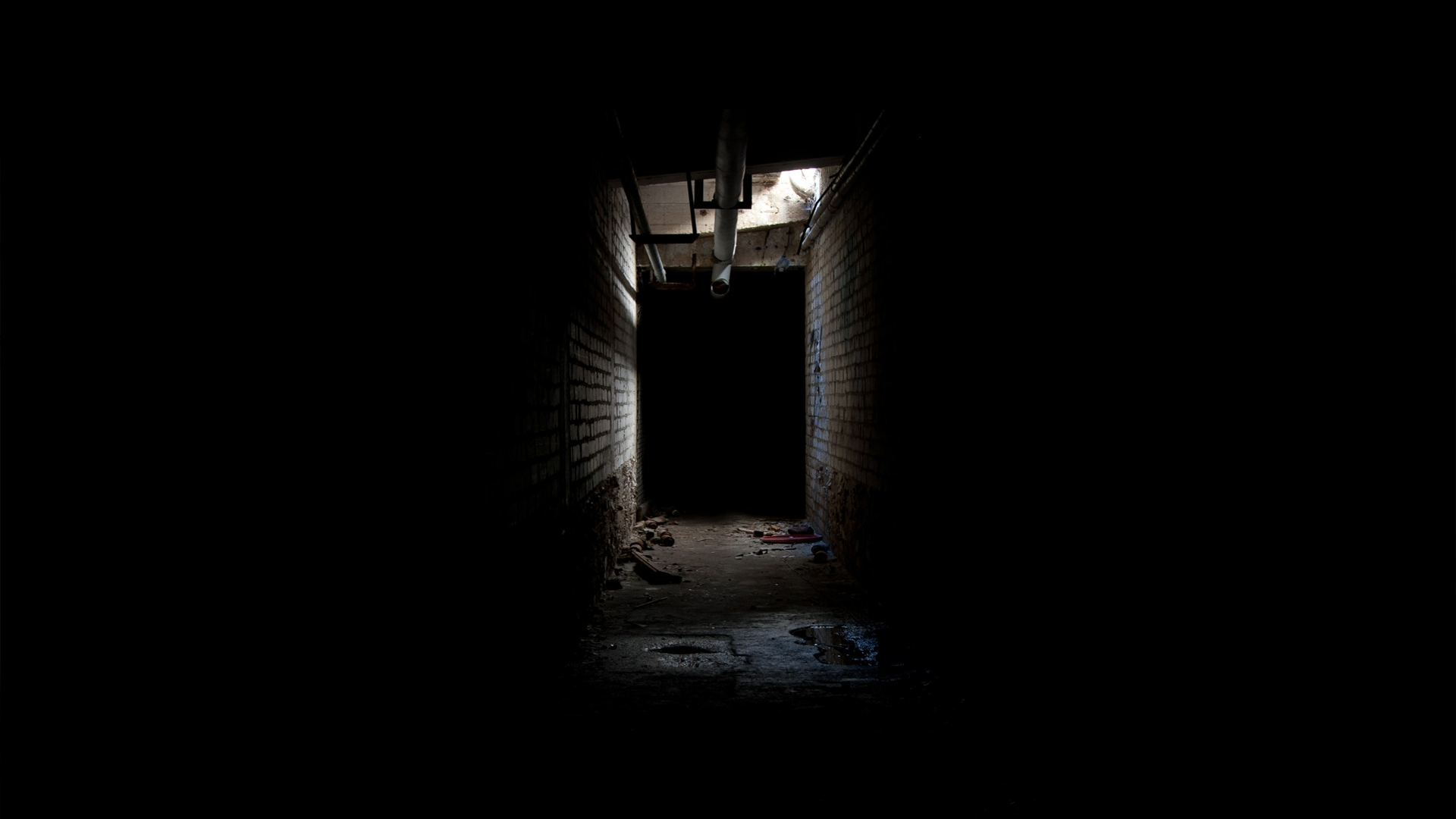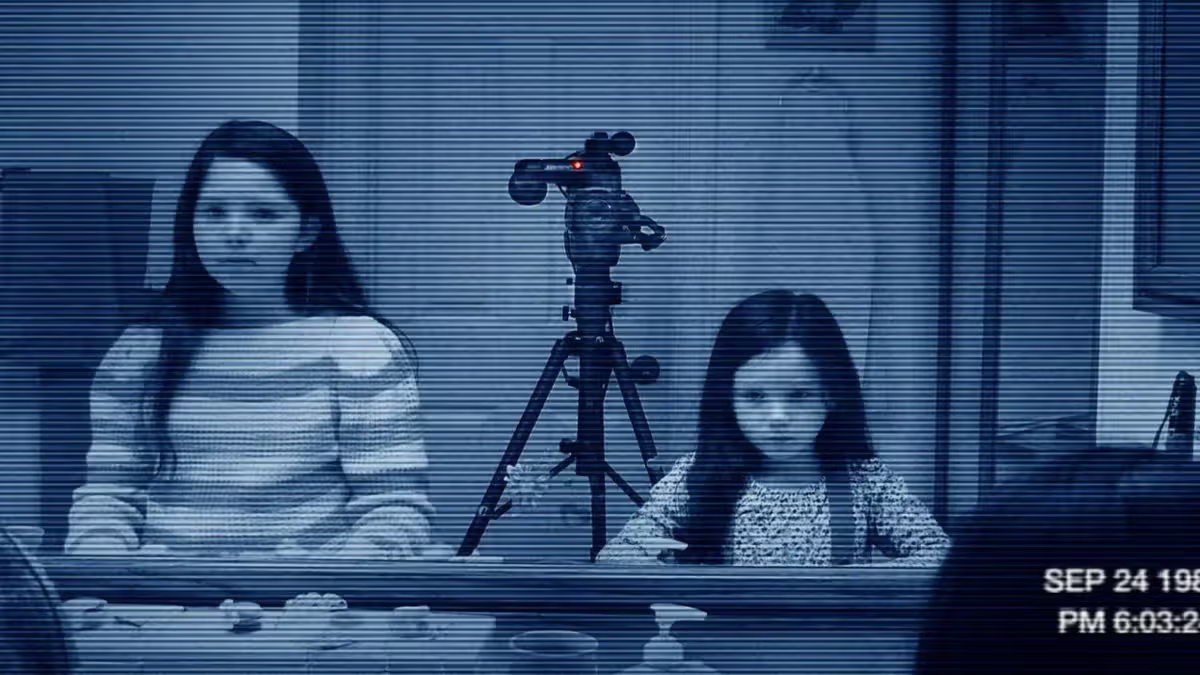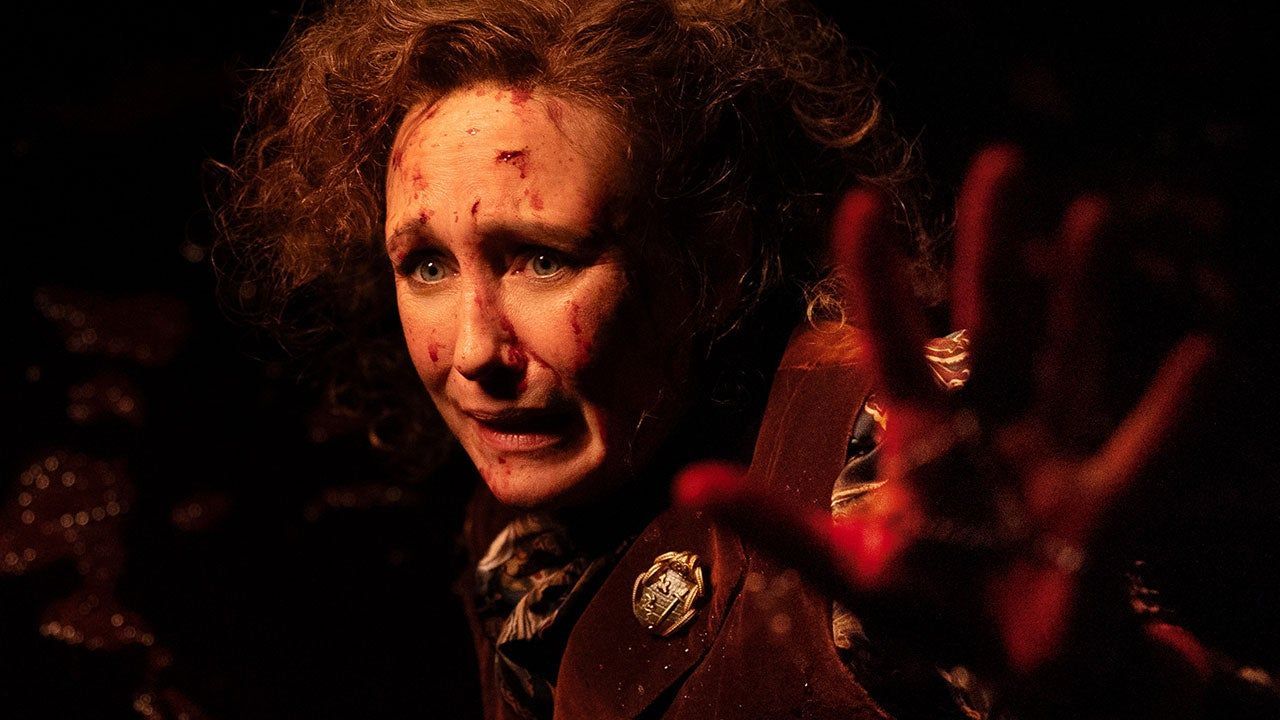Unraveling Fear: The Psychology Behind Horror Films
Discover the psychological reasons why horror movies frighten us.

Horror films have a unique ability to evoke powerful emotions, and the psychology behind why they scare us is both fascinating and complex. At their core, horror movies tap into our primal instincts and fears, creating an experience that is thrilling yet unsettling.
But what exactly makes horror films so effective at inducing fear? Let’s explore the psychological mechanisms at play.
1. The Biological Response to Fear
When we watch a horror movie, our bodies react with a fight-or-flight response. This reaction is triggered by the release of adrenaline and cortisol, hormones that prepare us for danger. According to a study published in Psychological Science, this biological response can lead to heightened emotions, making the experience of fear even more intense.
The heart races, palms sweat, and our senses sharpen as we become immersed in the film's tension.
2. The Role of Uncertainty
One significant factor in our fear response is uncertainty. Horror films often present ambiguous situations that leave viewers questioning what will happen next. This unpredictability can heighten anxiety and suspense, keeping audiences on the edge of their seats. Research has shown that uncertainty can increase fear levels, as our minds fill in the gaps with our darkest imaginations. Films like The Babadook and Hereditary excel at this, leaving audiences unsettled long after the credits roll.
3. Exploring Deep-Seated Fears
Horror movies also serve as a safe space to confront our deepest fears. Whether it’s the fear of death, isolation, or the unknown, horror films allow viewers to explore these themes in a controlled environment. As psychologist Dr. Margee Kerr notes, engaging with fear through horror can be cathartic, providing an outlet for repressed emotions. This psychological release can lead to a sense of relief and exhilaration once the film concludes.
4. The Comfort of Community
Watching horror films is often a communal experience. Whether in a packed theater or at home with friends, sharing the thrill of fear can strengthen social bonds. The phenomenon known as "scary movie bonding" highlights how collective experiences of fear can enhance feelings of safety and connection among viewers.
This communal aspect can make the experience even more enjoyable, as audiences laugh and scream together.
5. The Power of Sound and Imagery
The use of sound and visual effects in horror films plays a crucial role in amplifying fear. Techniques such as jump scares, eerie soundtracks, and unsettling imagery can evoke visceral reactions. Research indicates that the brain processes auditory and visual stimuli differently, making certain sound effects—like creaking doors or distant whispers—particularly effective at inducing fear. These elements create a sensory overload that can leave viewers feeling anxious long after the film has ended.
The psychology of fear in horror movies is a multifaceted exploration of human emotions.
From biological responses to the power of community and the thrill of confronting our deepest fears, horror films offer a unique lens through which we can examine our psyche.
As we continue to indulge in this genre, we gain not only entertainment but also insights into what it means to be human.



